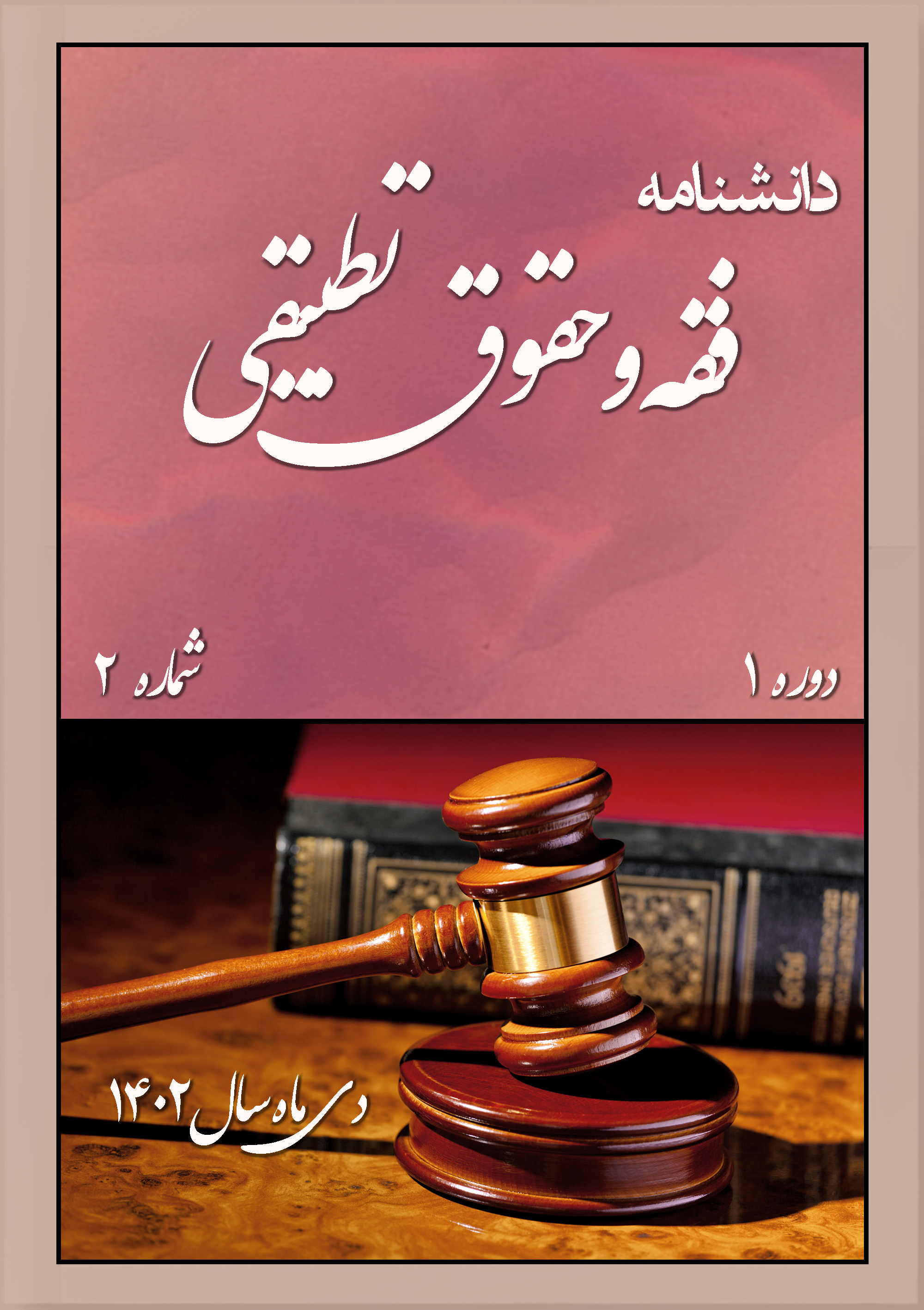The Impact of Islamic Laws on Reducing Economic Corruption and Improving Financial Transparency Based on the Theories of Arthur Okun and Mohammad Baqir al-Sadr
Keywords:
Islamic laws, economic corruption, financial transparency, Arthur Okun, Mohammad Baqir al-SadrAbstract
This article examines the impact of Islamic laws on reducing economic corruption and improving financial transparency using the theories of Arthur Okun and Mohammad Baqir al-Sadr. In the first section, the theories of Okun and Sadr are analyzed in detail and a comparative analysis is conducted between them. Okun, as a Western economist, emphasizes the importance of financial transparency and corruption reduction through the creation of transparent financial structures. In contrast, Sadr, focusing on Islamic principles and distributive justice, believes that Islamic laws can help improve financial transparency and reduce economic corruption. The second section of the article addresses the challenges and obstacles to the implementation of Islamic laws in the financial sector and proposes solutions to these challenges. Additionally, the possibility of adapting Islamic laws to global financial systems and suggestions for compatibility and improvement of these laws are examined. The findings of this study indicate that Islamic laws, with an emphasis on principles of justice, transparency, and ethics, can significantly contribute to reducing economic corruption and improving financial transparency. This article concludes with recommendations for future research, aiming to further enhance studies in this field.










